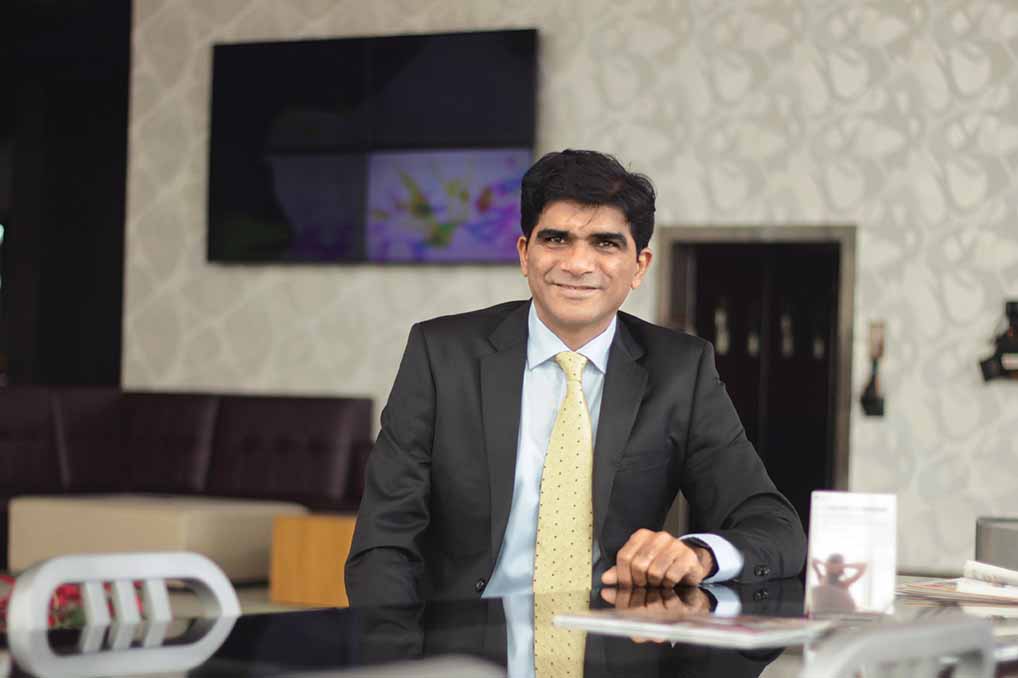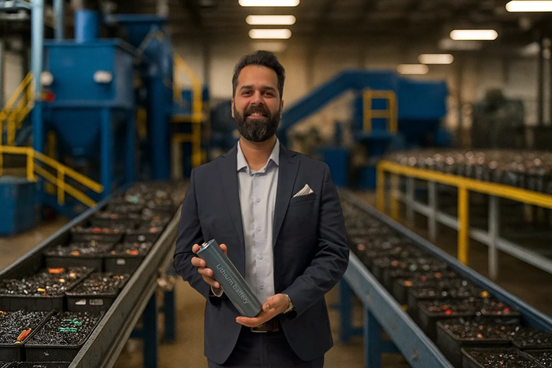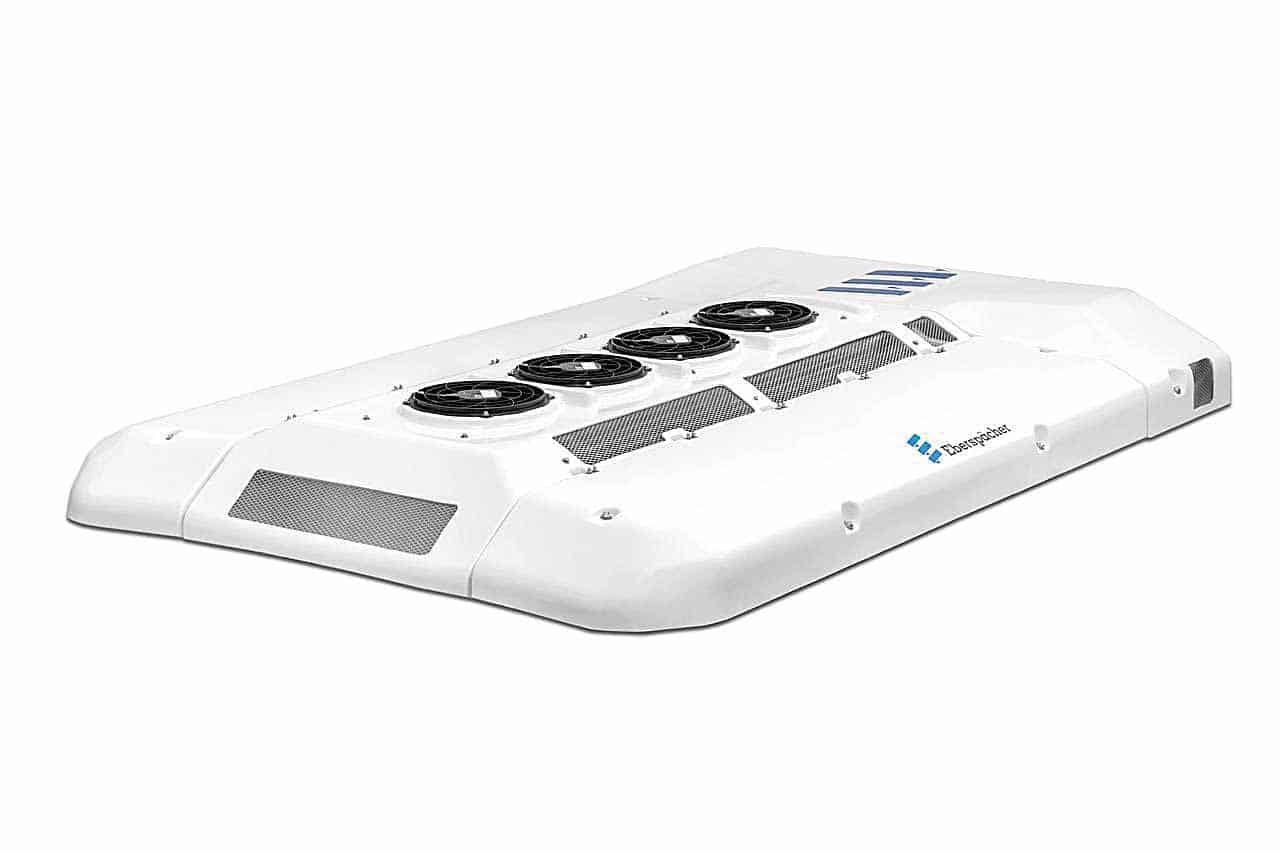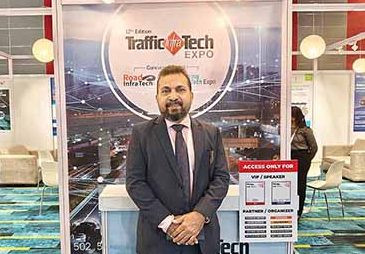In an upfront conversation, Rafiq Somani, Area Vice President – India and South Asia Pacific, Ansys, Inc speaks to Deepti Thore about next-gen simulation and engineering tools being preferred for innovation in the automotive industry.
Q. Your idea behind introducing the simulation tool?
A. The Automotive industry today demands substantially higher levels of quality, reliability and durability while being cost-effective, and competitive. With the next-generation of simulation and engineering tools, we can exponentially innovate to deliver experiences of the future to the market faster. In the automotive industry as a whole, simulating the digital twin of extremely complex products throughout the product life cycle is what will help in the achievement of 1000x faster innovation while improving safety and performance.
Q. Who are your major clients and what are the milestone projects that you’ve executed with them?
A. Competition is intense in the automotive systems and components business. Best-in-class simulation capabilities are necessary to thrive in this global race. When it comes to automotive, most of the leading players in the market are our clients.
Q. Is simulation equally prevalent in passenger and commercial vehicles as part of the automotive spectrum?
A. Simulation is prevalent in all segments and at all stages of vehicle design, from aerodynamics to battery management system testing, simulation enables rapid, risk-free testing and development. Development in simulation reduces design lead times and time to market. Automotive manufacturers are facing entirely new challenges as they develop electric vehicles with longer ranges, internal combustion engines with better efficiency, and autonomous vehicles that will disrupt the vehicle ownership paradigm. As supporting technologies emerge, such as embedded machine learning, 5G, and new methods of manufacturing, carmakers must innovate at a pace previously not experienced. We are at the cusp of the largest technological transformation in history with the convergence of multiple technologies and megatrends that will revolutionise the automotive industry and simulation is highly prevalent in passenger and commercial vehicles as well.
Q. Does it extend to aerospace and defence?
A. Our simulation solutions deliver the significant product life cycle cost reductions that the aviation industry demands while accelerating the technological innovation required for future success. Around the world, companies use Ansys simulation solutions to reduce costs and improve safety and sustainability, while delivering the future of airborne mobility. Simulation enables engineers to innovate and optimise the performance of aerospace assets across their life cycle. By deploying physics-based simulation across all phases of the acquisition process, from technology maturation to engineering, manufacturing, deployment and operations, defence leaders can significantly accelerate technology modernisation initiatives and optimise sustenance to dramatically improve equipment operational availability. Ansys simulation solutions help accelerate modernisation and optimise the sustenance of defence technology from the microchip to the mission.
Q. Tell us about the aftermarket services bundled into your simulation tools? What is the value-add over the product life cycle?
A. Ansys specialises in simulation as a service and is focused on assessing and improving the reliability of electronics. Whether your design includes complex material or structural behaviour and interactions; time-varying mechanical, electrical and thermal loads; or innovative thermal management solutions, the Ansys team has the tools, expertise and infrastructure to tackle your most demanding product reliability simulations. Our commitment to quality is evident in every facet of Ansys products and services, from drafting customer-driven product requirements to delivering quick and accurate support. Live phone support and the online customer portal are convenient ways to submit requests. The Ansys Learning Forum is the go-to place for students, educators, researchers and industry engineers to engage with peers and Ansys experts. Any time, day or night, the customer portal gives you instant access to resources for Fluids, Structures, Electronics & Electromagnetic, Optics, System simulation, digital twin and embedded software development solutions and cloud.
Q. Are tier1 and tier2 suppliers of components as likely to benefit from
these tools?
A. With today’s modular and feature-rich vehicles, suppliers play a large role in innovation and product development. Suppliers meet ambitious goals of innovating and developing new products in a very short duration with the help of virtual development validation approaches enabled by simulation. Ansys’ automotive component design solutions enable engineers to deliver these innovations faster through rapid virtual prototypes and testing.
Q. What is the proportion of components manufacturers in your clientele?
A. We work with many component manufacturers due to the ease that simulation provides them. Almost every component manufacturer uses Ansys simulation at some stage of their product development.
Q. Your take on the future of the automotive simulation market in India. What are the next mega trends to watch out for?
A. The simulation software market was valued at USD 7.80 billion in 2020, and it is expected to reach USD 15.09 billion by 2026. The simulation market in India is promising according to the numbers. We are seeing the industry focusing on electrification and self-driving technology. New age cars with new age features are what customers want and that is what the vehicle makers are striving to provide them with. The future car will thus be electric, autonomous, connected and shared. We are looking at smart mobility.
Q. What are your growth areas in the near to medium term?
A. Ansys India, is Great Place to Work Certified’ company, aims to make India its biggest Asian market. For this, we are working with multiple industries including Automotive, Aerospace, Defence, Energy, Healthcare, High Tech and Industrial Equipment. Being a completely different market when compared to many other countries globally, Ansys in India is one of the important markets for the software company. Ansys’ India strategy calls for special attention, especially as some of their solutions are also being used in select defence programs. Our products are global and though we bring in standard software solutions for the globe, we work with Indian OEMs to bring customised products that suit the Indian market.














Leave a Reply